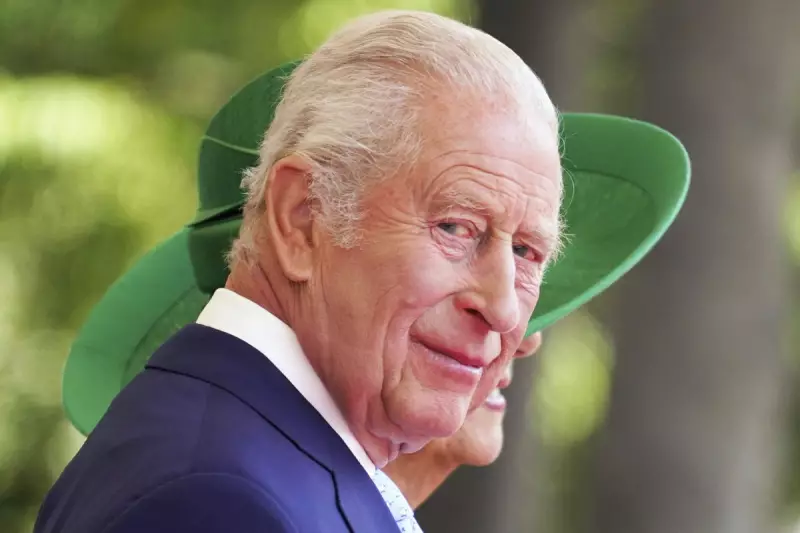
King Charles has sparked controversy after declining to attend memorial services commemorating the atomic bombings of Hiroshima and Nagasaki. The decision has drawn criticism from the Royal British Legion, which represents Far East prisoners of war.
The monarch's absence from these significant events has raised eyebrows, particularly given the historical ties between Britain and the victims of the 1945 bombings. Many had hoped the King would use the occasion to honour those who suffered.
The Royal British Legion expressed its disappointment, stating that such memorials provide an important opportunity to remember all those affected by the war in the Pacific. A spokesperson noted that Far East prisoners of war and their families often find great comfort in these commemorations.
Historians point out that while the UK wasn't directly involved in the atomic bombings, many British servicemen were held captive in Japan during the Second World War. Their suffering in camps like those near Hiroshima forms part of Britain's wartime history.
Buckingham Palace has not provided detailed reasons for the King's decision, though royal engagements are typically planned months in advance. The move comes as the royal family continues to navigate its role in modern Britain and international relations.





